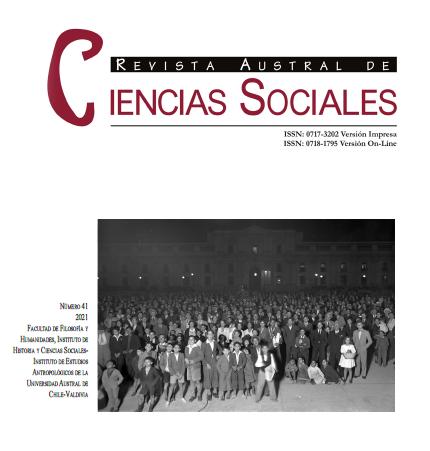The Place of Interculturality in Chilean Justice. Research Experience in the Development of a Protocol for the Attention of Mapuche Users in the South of Chile
Main Article Content
Abstract
This article presents reflections on the experien-ce of developing a protocol (Pau-Mapu) aimed at improving attention and access to justice. Based on a process of ethnographic research and a review of international experiences, this paper reveals different points of tension, illustrating the difficulties of implementing intercultural criteria in spaces that are characterized by being structurally and historically monocultural. The Pau-Mapu is compared with other protocols in order to understand the different forms of legal pluralism and the specificity of the indigenous context in Chile. We analyze the limitations of intercultural policies in the area of justice, considering the experience of the Mapuche people to understand their reticence to self-identify and speak in their own language as well as their refusal to claim their rights. In conclusion, the article shows that the Pau-Mapu constitutes a tool that can diminish the breach that maintains the Mapuche people between the invisibility, the denial, and the partial recognition of their differences.


 http://orcid.org/0000-0002-3633-7962
http://orcid.org/0000-0002-3633-7962